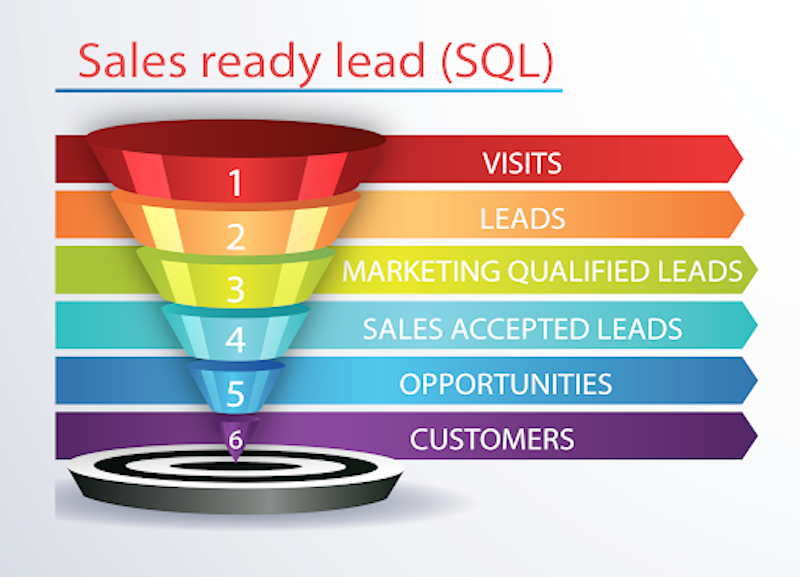You can find very generic content regarding MQL vs SQL which explain the basic concept behind these terms. You will get to know how website visitors become MQLs when they fill in a form or download an eBook. And how, once a lead fulfills the BANT (Budget, Authority, Need and Timing) checklist and has seen a demo or talked to a sales rep, they become an SQL and enter the sales funnel but these definitions don’t help solve a key problem in B2B organizations: the tension between marketing and sales around what constitutes a “good” lead. In a company after a company, there has been a constant push and pull between marketing that wants to pass as many leads as possible to sales, and sales wanting “better” leads from marketing.
What’s the best way to define an MQL vs. an SQL?
If you don’t get this right, it leads to these problems:
- MQLs being handed off to sales when they aren’t really qualified
- Frustration on the part of the sales team
- Broken down relationship between marketing and sales
So instead of just defining what could be used as MQL or SQL criteria, in this article, we’ll discuss what we think most companies should do to better define an MQL—so that it’s more closely aligned with sales’ definition of a qualified lead (SQL) and marketing and sales can start working better with each other.
The Multitudes Contained Within “MQL”
The criteria used to define sales qualified leads (SQLs) are usually a very specific set of filters that deem a company worthy of account executives and the sales team pursuing. These typically consist of things like:
- Meets various company characteristic criteria (size, revenue, industry, etc.)
- Expressed interest in the product/willing to take a phone call
In contrast, we’ve noticed that companies tend to be a lot looser with their definition of a marketing qualified lead (MQL).
For example, some companies define an MQL as someone who visited your website once and downloaded an eBook. These “leads” are actually pretty weak in the sense that they didn’t express any product interest yet, they just submitted their email for more content. Other companies define an MQL as someone who submits an actual product (or service) interest form: a sales form, a demo request form, etc. Those are obviously much more qualified than content-based leads because they’re expressing an interest in the actual product or service. But even among this latter group there are grades of “qualified”. For example someone could submit a sales form and be from a small company that can barely afford your product or service.
The key differences in MQL vs SQL is that MQL refers to a lead that is more likely to become a customer compared to other leads based on lead intelligence and is usually conveyed by closed-loop reporting. SQL means that the sales team has qualified this lead as a potential customer.

